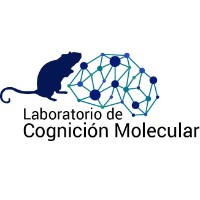Over the past several decades, neurobiological research on memory has been focused on the mechanisms underlying memory storage. Nevertheless, the study of forgetting and, specifically, active forgetting has been increased since Anderson et al. showed in 1994 that the retrieval of certain memories could cause the forgetting of related, but not explicitly evoked information by a mechanism called retrieval-induced forgetting (RIF). The behavioral paradigm used to characterize this phenomenon in humans was then adapted for rats, opening the possibility to perform causal studies. As with humans, in rats, RIF is competition-dependent, cue-independent, and reliant on the prefrontal cortex. This work aims to explore if and how the serotonergic system participates in RIF. Specifically, we first used an antagonist of the serotonin receptor 2A in the medial prefrontal cortex and then specific inhibitors for members of the βarr2 signaling pathway. We found that only the animals exposed to the conditions that promote the retrieval-induced forgetting appear to be susceptible to the effect of the serotonin receptor 2A antagonist and the PI3K inhibitor, which is part of the Barr2 pathway, showing memory for the competing item. RIF could be thought of as a mechanism for optimizing the storage and use of information that can guide behavior, Thus, identifying key components of its neural mechanisms are relevant for the understanding of adaptive memory in rodents and humans.
P#144
Serotonin 5-HT2a receptors in the mPFC participate in the mechanism underlying Retrieval Induced Forgetting in rats
María Belén Zanoni Saad
- Capital Federal,
- Argentina
- María Belén Zanoni ¹
- , Pedro Bekinschtein ¹
- , Noelia Weisstaub ¹
- 1 Laboratorio de Memoria y Cognición Molecular (INCyT, Favaloro - INECO – CONICET), Buenos Aires, Argentina.

